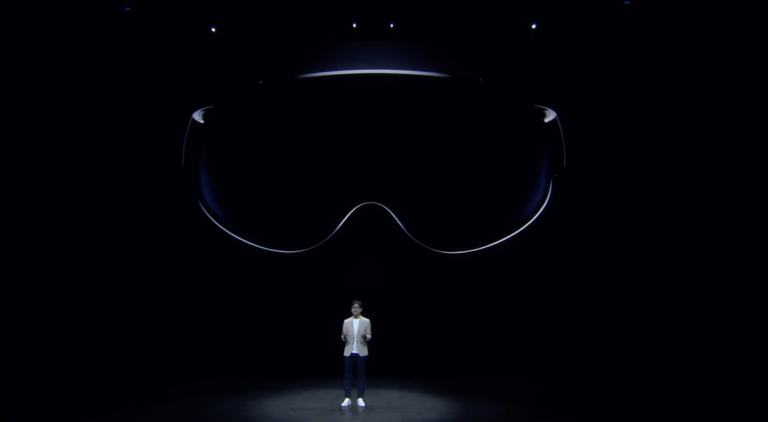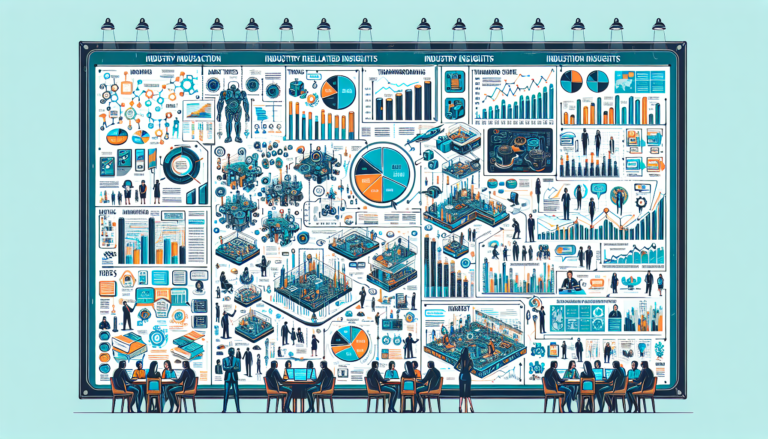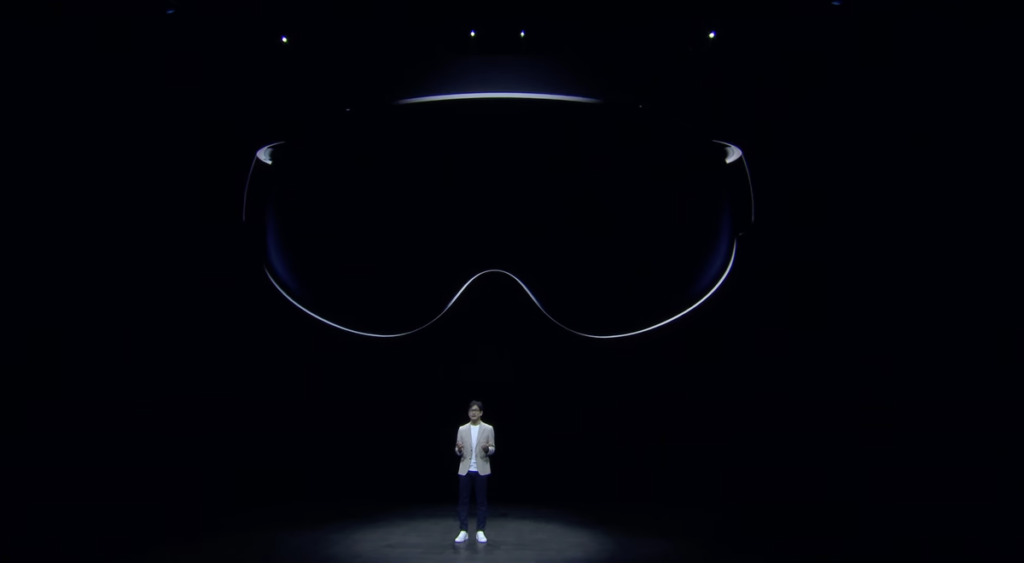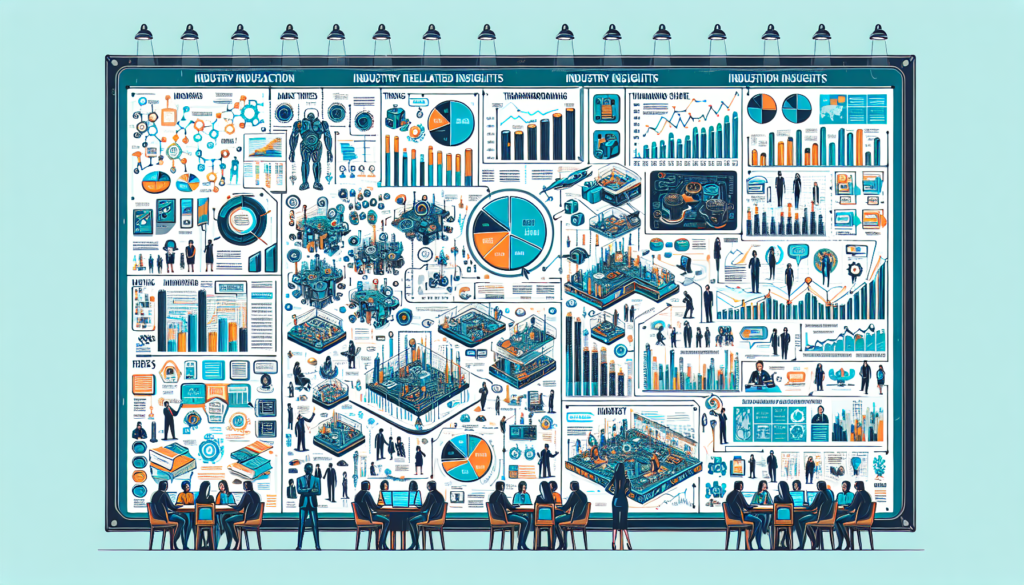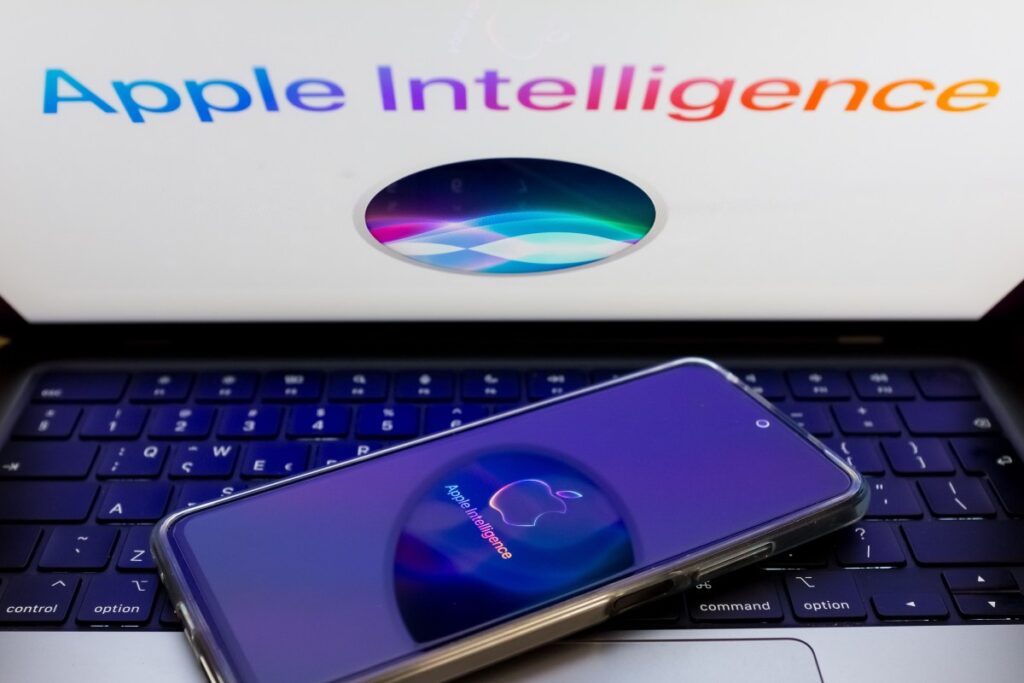The Fundamental Concept of Blockchain Technology
Blockchain technology is often synonymous with Bitcoin, but its potential extends far beyond cryptocurrency. At its core, blockchain is a distributed ledger technology that securely records transactions across multiple computers. This decentralized nature eliminates the need for a central authority, enhancing transparency and reducing the risk of fraud. Each block in the blockchain contains a list of transactions, which are validated by a network of nodes. Once a block is filled, it’s linked to the previous block, forming a chain. This structure makes it nearly impossible to alter any information without consensus from the network, thus ensuring data integrity.
Supply Chain Management
One of the most promising applications of blockchain technology is in supply chain management. Traditional supply chains often suffer from a lack of transparency and traceability, making it difficult to track the origin of goods. Blockchain addresses this issue by providing a secure, immutable record of every transaction throughout the supply chain. Companies can trace a product’s journey from its origin to its final destination, ensuring authenticity and compliance with safety regulations.
For instance, companies like Walmart are already using blockchain to track the provenance of food products. By scanning a QR code, consumers can access information about a product’s journey, including where it was grown, processed, and how it was transported. This level of transparency not only builds consumer trust but also allows companies to quickly identify the source of any contamination issues, thus safeguarding public health.
Healthcare Innovations
The healthcare industry is another sector where blockchain technology is making significant strides. One of the most pressing issues in healthcare is the secure management of patient data. Blockchain offers a solution by allowing patients to maintain control over their medical records while ensuring that healthcare providers can access necessary information securely.
With blockchain, patient data can be stored in a decentralized manner, ensuring that it is not vulnerable to hacking or unauthorized access. Moreover, patients can grant access to their records to different healthcare providers as needed, enhancing the continuity of care. Companies like MedRec are working on blockchain solutions that enable patients to manage their health records, ensuring privacy and security while facilitating better healthcare outcomes.
Financial Services and Banking
While Bitcoin and other cryptocurrencies fall under the financial umbrella of blockchain applications, the technology’s influence on the broader financial services industry is profound. Traditional banking systems are often plagued by inefficiencies, such as delays in cross-border transactions and high fees. Blockchain can streamline these processes by enabling real-time settlements and reducing the need for intermediaries.
Smart contracts, which are self-executing contracts with the terms of the agreement directly written into code, are revolutionizing the way transactions are conducted. Financial institutions can use smart contracts to automate processes such as loan approvals and insurance claims, significantly reducing administrative costs and the potential for human error. Companies like Ripple are already utilizing blockchain technology to facilitate faster and cheaper international money transfers.
Real Estate Transactions
Real estate transactions are notoriously complex, involving multiple parties, lengthy paperwork, and significant fees. Blockchain technology has the potential to simplify this process by providing a transparent and secure platform for property transactions. By digitizing property titles and recording them on a blockchain, buyers and sellers can conduct transactions more efficiently, reducing the time and cost associated with closing deals.
Moreover, blockchain can help mitigate fraud in real estate transactions. With a decentralized ledger, all parties involved can verify the authenticity of property titles, ensuring that there are no disputes over ownership. Companies like Propy are leading the way in utilizing blockchain for real estate transactions, offering a platform that enables buyers, sellers, and agents to interact seamlessly.
Voting Systems
The integrity of voting systems is crucial in any democratic society, yet many traditional voting methods are vulnerable to fraud and manipulation. Blockchain technology offers a solution by providing a secure and transparent method for recording votes. Each vote can be recorded as a transaction on the blockchain, ensuring that it is immutable and verifiable.
Blockchain voting systems can enhance voter participation by allowing secure remote voting. Voters could cast their ballots from anywhere, reducing barriers to participation. This innovation is already being explored in various jurisdictions, with pilot projects demonstrating the feasibility of blockchain-based voting. By increasing transparency and reducing the potential for fraud, blockchain could help restore faith in electoral processes.
Intellectual Property Protection
In an age where digital content is easily shared and copied, protecting intellectual property (IP) has become increasingly challenging. Blockchain technology provides a robust solution for IP protection by creating a transparent and immutable record of ownership. Artists, musicians, and creators can register their works on a blockchain, establishing provenance and protecting their rights.
This application of blockchain is particularly relevant for digital art, where NFTs (non-fungible tokens) have emerged as a new way to buy and sell art. By leveraging blockchain technology, artists can ensure that their work is authentic and traceable. This not only empowers creators but also allows consumers to invest in art with confidence, knowing that they are acquiring legitimate pieces.
Energy Trading and Management
The energy sector is undergoing a transformation, with an increasing focus on renewable energy sources and decentralized energy grids. Blockchain technology can facilitate peer-to-peer energy trading, allowing consumers to sell excess energy generated from solar panels or wind turbines back to the grid or directly to neighbors.
This decentralized approach to energy management can enhance efficiency and reduce costs. By using blockchain to track energy production and consumption, participants can engage in transparent transactions without the need for a central authority. Companies like Power Ledger are pioneering this space, creating platforms that enable communities to trade energy seamlessly and sustainably.
Insurance Sector Innovations
The insurance industry is often criticized for its complexity and lack of transparency. Blockchain technology can simplify insurance processes by providing a secure platform for policy management and claims processing. Smart contracts can automate claims settlements, ensuring that claims are paid out quickly and fairly.
Moreover, blockchain can enhance risk assessment by providing insurers with access to comprehensive data. By analyzing data from multiple sources recorded on the blockchain, insurers can better understand and mitigate risks. This not only leads to more accurate pricing but also enables personalized insurance products tailored to individual needs. Companies like Etherisc are exploring blockchain solutions to create more efficient and customer-centric insurance models.
Identity Verification
Identity theft is a growing concern in our increasingly digital world. Blockchain technology offers a secure and efficient way to manage identity verification. By creating a decentralized digital identity, individuals can control their personal information and share it selectively with trusted parties.
This application of blockchain has significant implications for various sectors, including finance, healthcare, and travel. For example, individuals could use their blockchain-based identity to verify their age for online purchases or to access healthcare services without exposing sensitive information. Companies like U-Port are developing blockchain solutions that empower users to manage their digital identities securely and privately.
Decentralized Finance (DeFi)
Decentralized finance, or DeFi, is a rapidly growing sector that leverages blockchain technology to recreate traditional financial systems without intermediaries. Platforms that offer lending, borrowing, and trading services operate on blockchain networks, allowing users to engage in financial activities directly.
DeFi has the potential to democratize access to financial services, especially for individuals in underbanked regions. By removing the need for banks and other intermediaries, DeFi platforms can offer lower fees and faster transactions. However, the DeFi space also presents challenges, including regulatory uncertainty and security risks, which must be addressed as the sector continues to evolve.
The Future of Blockchain Technology
As we explore the myriad applications of blockchain technology, it becomes evident that its potential is vast and varied. From supply chain management to healthcare and voting systems, blockchain is poised to revolutionize numerous industries. However, the successful implementation of blockchain solutions will require collaboration among stakeholders, including governments, businesses, and consumers.
Furthermore, as blockchain technology continues to mature, it will be essential to address challenges such as regulatory compliance, scalability, and security. By fostering innovation while ensuring a secure and transparent environment, we can unlock the full potential of blockchain and create a more efficient, equitable, and trustworthy digital landscape.


